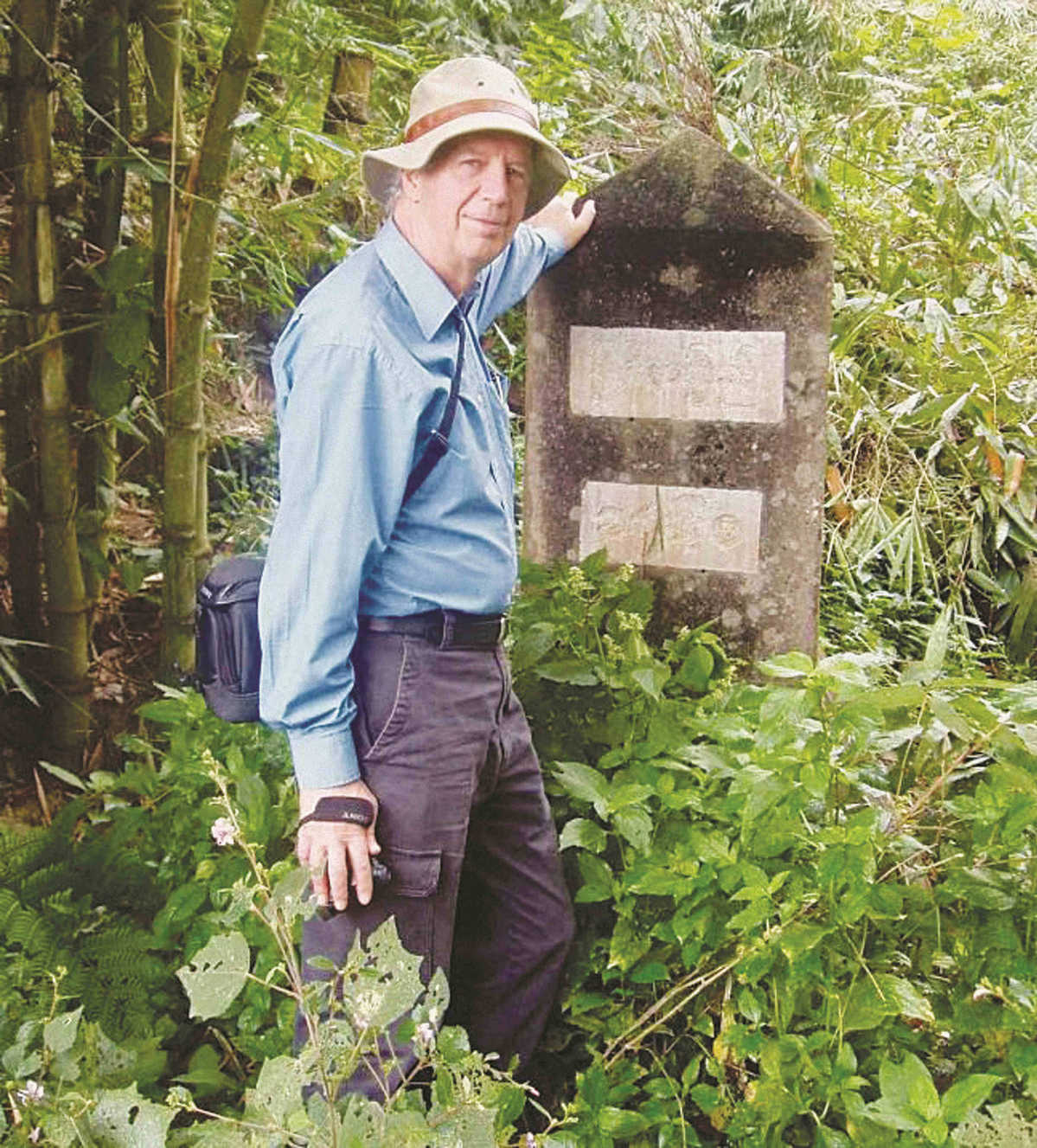A late learner's insights into splendors of China
Academic finds great inspiration by delving into country's culture


Take an imaginative leap
Anthropology, after all, is a discipline that seeks to look far below the surface.
For example, a wedding in a certain region is not simply a ceremony but can signify characteristics of a specific social or cultural setting, Macfarlane says.
"When examining a wedding, if we ask the questions: Who did the bride marry? Was it a cousin or other relative? Then we are asking about social structure. If we ask what they wore and what religious and other rituals occurred we are asking more about culture. They are anatomically separable yet, obviously, closely related. So, anthropologists want to know not only what people do, but what significance their actions have."
And to make sense of China based on his extensive tours, Macfarlane wrote the book Understanding the Chinese: A personal A-Z, which provides vignettes that explain more than 120 concepts of Chinese characteristics, including ancestors, Confucius, eating, education, law and justice, love and marriage, and more, including how people are presented in Chinese societies, how Chinese look at certain ideas, and how those perceptions have formed.
Macfarlane knows full well that writing a book about understanding the Chinese is attempting the impossible, and in the preface, he says, "Every assertion or generalization can be disputed, highly qualified or shown to be only a partial truth."
So he treated the analysis as if he were preparing a dictionary or encyclopedia, hoping to navigate readers toward the unfamiliar world of China but knowing it was a work in progress.
And seeking to get inside Chinese civilization has been an upside-down experience for him.
"China has been a huge challenge to all that I took to be normal and natural. My own view of my own Western culture and history has been totally transformed by my experience in China. This means that I have explored myself and my own culture in a Chinese mirror, as much as trying to see China in the Western, Nepalese and Japanese mirror."


















